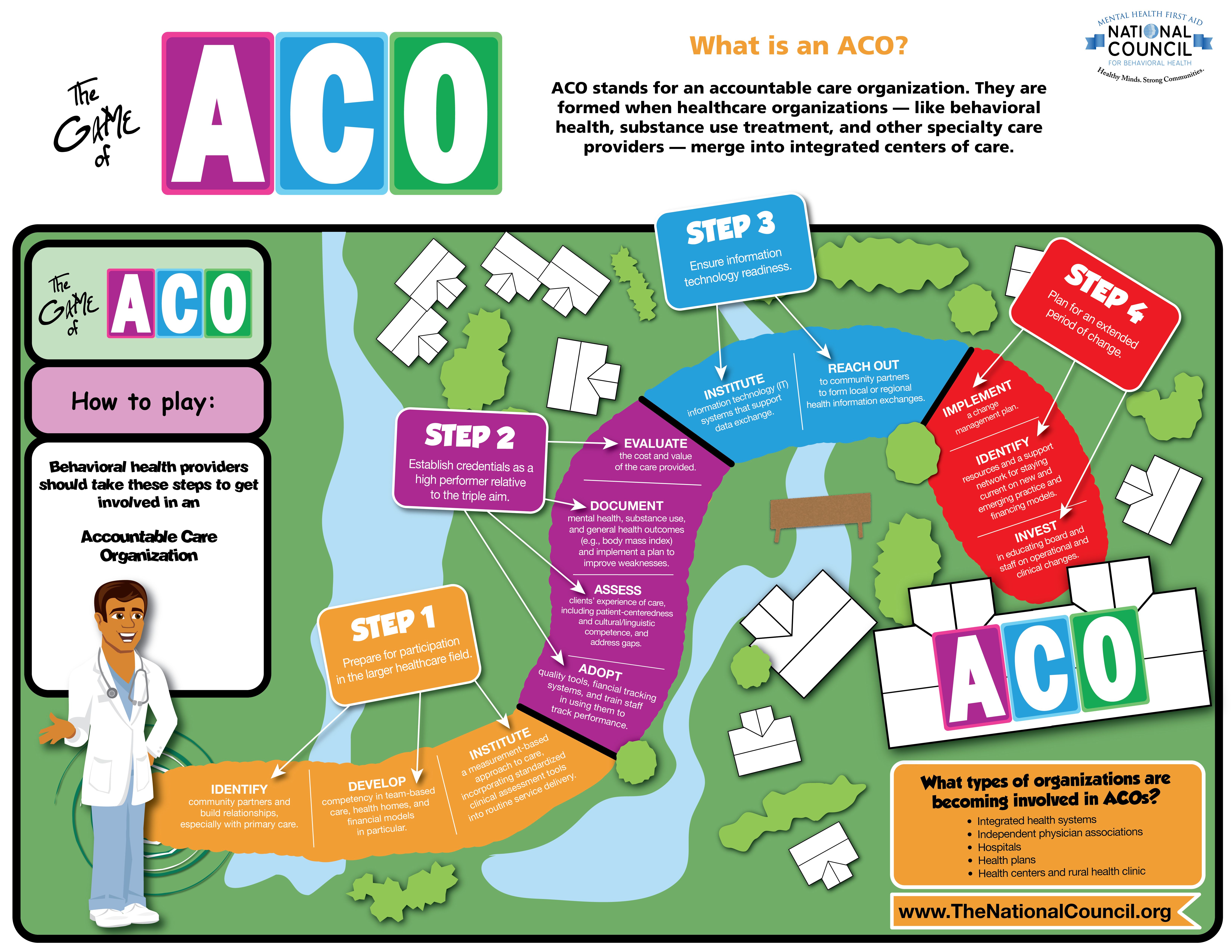Posted by Stephen O'Hare, President of Pedors Shoes on 25th Feb 2016
The Future Of Medicare's Therapeutic Shoes For Diabetics Program - Are Value Based Payment Programs The Answer?

Precis:
As more and more suppliers are choosing not to participate in Medicare’s Therapeutic Shoes for Diabetics because of the drastic increase in claim denials, for some diabetics, access to foot health care has diminished considerably. Does the Affordable Care Act offer a path forward for the patient, provider and the national professional associations?
Is the future of Medicare’s Therapeutic Shoes for Diabetics program with the so called “Value Based Payment Programs”?
As healthcare evolves from fee-for-service to pay-for performance models, preparing your practice to participate in a value based program seems like such a huge undertaking. It’s generally reported that more than 40% of reimbursements are currently tied to value based care and 90% of payers offer value based reimbursements, with fee-for service contracts expected to represent less than a 30% of provider reimbursements within the next five years. So perhaps it’s worth considering at least formulating a plan even though it might be best to sit on the back burner for at least the next nine months or so.
But as daunting as it sounds, value-based care bodes well for the providers of Medicare’s TSD program as the common goal is to improve care coordination with a focus on prevention, managing chronic care and keeping costs down - the very reason why the TSD was created in the first place.
The Medicare Shared Savings Program created by the Affordable Care Act and commonly known as “ObamaCare” is a key component in a new approach to the delivery of healthcare designed to improve the quality of care for Medicare Fee For Service (FFS) beneficiaries and to reduce unnecessary cost.
Accountable Care Organizations (ACOs) are groups of doctors, hospitals and other health care providers who come together to give coordinated high quality care to their Medicare patients, with the goal to ensure the chronically ill get the right care at the right time while avoiding duplication of services and avoiding medical errors. ACO’s are rewarded with a share of the savings it achieves for the Medicare program. Eligible providers, hospitals and suppliers may participate in the Shared Savings Program by creating or participating in an ACO. Click here to find an ACO in your State. Joining an ACO as a care provider will, by default, increase you referral base. It will involve some investment up front but the earlier the decision is made the stronger your practice will be for the future.
Click the image below for a simple overview of how you might join/form an ACO (taken from the http://www.thenationalcouncil.org/)
Another model of value based care is Patient-Centered Medical Home (PCMH) where care is delivered and coordinated by a team of professionals all working together to keep patients well, avoid errors and save time and money. Patients get the information and support they need to manage their own care and stay healthy. When patients need additional care, they often have access to extended hours keeping them out of crowded and expensive emergency rooms. Care plan and outcomes goals are often focused on preventative care, chronic disease management, patient compliance and reduced emergency room visits, hospital admissions and readmissions.
Of course, if the Republicans should win in November then the future of “Obamacare” could be in jeopardy. But regardless of your political leaning, finding ways to reduce healthcare costs should remain a priority for both parties.
Stephen O'Hare
President, Pedors Shoes


